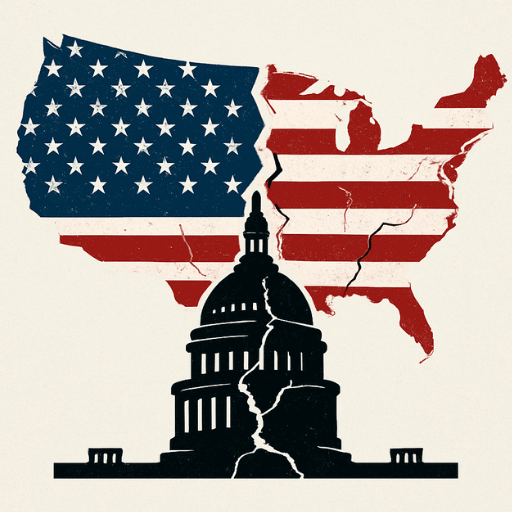When Media Turns Homelessness Into a Punchline
On Fox News, Lawrence Jones recently claimed that homeless people shouldn’t have a choice: either accept state help or be jailed. Then Brian Kilmeade, never one to miss an opportunity to say something outrageous, suggested “involuntary lethal injection” — as if killing unhoused people could be an acceptable topic for banter.
The words are revolting, but they’re also revealing. This is what happens when homelessness is reduced to entertainment fodder. The problem isn’t just the cruelty of the comments, it’s the way conversations like this rob audiences of their ability to think critically about the real issue.
Manufactured Division
When media personalities present homelessness as a matter of dangerous outsiders versus “the rest of us,” they invite viewers to see human suffering as a threat instead of a social problem. This kind of framing deliberately divides people into camps:
One side that believes punishment and coercion are the only tools.
Another side that is painted as naive “bleeding hearts” who supposedly want encampments in every park.
It’s an artificial binary. There are no serious policy discussions happening on air, just soundbites designed to inflame resentment.
The Charlie Kirk Problem
Charlie Kirk is a perfect example of how this dynamic plays out. For all of his bluster, he occasionally stumbles into territory where even his political opposites nod along. In a conversation with California Governor Gavin Newsom, Kirk emphasized that high housing costs are the most significant driver of homelessness. Newsom, hardly known for handing out compliments to conservative firebrands, went so far as to agree:
“On the issue of housing, you couldn’t be more right. It’s the original sin in the state of California. Affordability, period, full stop. And it [housing policy] has more impact on the issue of homelessness than any other factor…” — And, This Is Charlie Kirk podcast
That’s not just a rare moment of bipartisanship, it’s also correct. Housing costs are a central driver of homelessness, and acknowledging that reality is essential to building solutions. The problem is that Kirk rarely leaves it there. Too often, he packages valid points inside dismissive, hostile rhetoric about unhoused people themselves. The result is predictable: whatever spark of constructive debate could have emerged gets lost under the noise of mockery, and audiences walk away more divided instead of more informed.
The Cost of Spectacle
This sort of rhetoric trains people to respond emotionally rather than rationally. Once the conversation is framed in terms of disgust, fear, or mockery, nuance disappears. Viewers aren’t invited to ask: Why does homelessness persist in one of the richest countries in the world? They’re encouraged to embrace hostility.
The consequences are obvious. Hate-filled language doesn’t stay neatly inside television studios. It seeps into public attitudes, justifying harassment, criminalization, and at its ugliest, violence against unhoused people.
Lost in the Noise
Meanwhile, the actual causes of homelessness — lack of affordable housing, inadequate mental health services, and decades of policy neglect — vanish from the conversation. Solutions that have been proven to work, like “housing first” programs, are drowned out by the noise of pundits trying to outdo each other with hot takes.
Why This Matters
Every time a platform rewards cruelty with attention, it becomes harder for audiences to engage with reality. Instead of seeing fellow citizens in need, people are trained to see enemies. Instead of questioning policy, they cheer at callous one-liners.
That isn’t debate. It’s a feedback loop of contempt, and it leaves society more divided, angrier, and less capable of solving the very problems that triggered the conversation in the first place.
The irony is that even when someone like Charlie Kirk makes a valid point — such as identifying high housing costs as the single biggest driver of homelessness, a claim Gavin Newsom himself openly affirmed — that moment of clarity doesn’t survive the packaging. Once the insight is wrapped in dismissive framing or derisive soundbites, the usefulness is lost. What could have been common ground turns into another missed opportunity, drowned out by performance.
Homelessness doesn’t need more outrage merchants. It doesn’t even need perfectly “right” or “left” answers. It needs policies rooted in evidence, compassion, and a recognition of shared humanity. And if media figures can’t resist turning it into a punchline, they should at least realize they’re ensuring that even their best ideas never get taken seriously.






